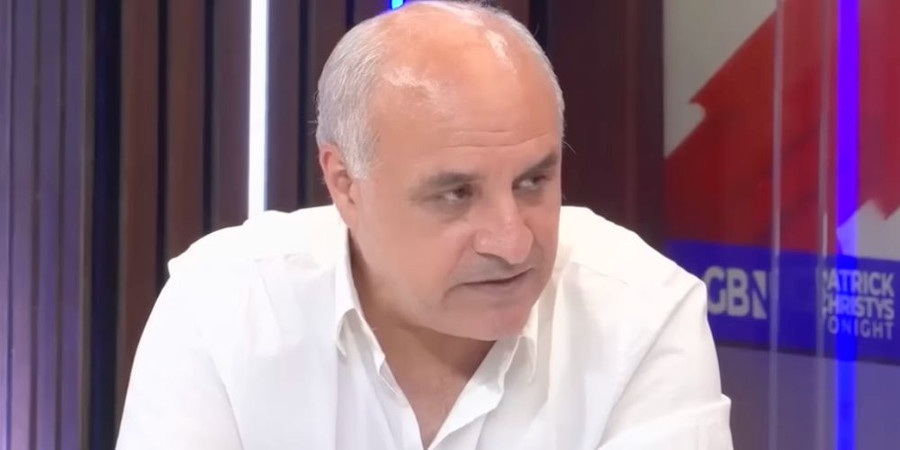Here is a question for the San Francisco appeals court judges who last week let stand a ruling, signed last summer by two of their colleagues, that it is unconstitutional for students to say "under God" in public schools.
Dear judges: If we are not under God, whom are we under? Who is final authority for our law?
Alfred T. Goodwin is the judge who authored the court's opinion striking down the practice in California's Elk Grove Unified School District of saying the Pledge of Allegiance at the start of each day. Goodwin argued that the ultimate authority over these schools is not God, but the Constitution itself-or, that is, the Constitution as interpreted by him and Judge Stephen Reinhardt who joined his decision, and the majority on the U.S. Court of Appeals for the Ninth Circuit who let it stand.
Goodwin argues that in the 1st Amendment-which says, "Congress shall make no law respecting an establishment of religion"-the Framers adopted for the U.S. government a doctrine of neutrality on the question of whether there is a God.
It follows from this, even if we only discovered it last year, that the United States has been an officially agnostic nation ever since ratification of the Bill of Rights in 1791.
Because it invokes the words "under God," argues Goodwin, the Pledge "is a profession of a religious belief, namely, a belief in monotheism." Thus, it "impermissibly takes a position with respect to the purely religious question of the existence and identity of God."
The most obvious problem with Goodwin's theory is that the Americans who wrote the Constitution held the opposite view. They believed not only in God but also in His authority over acts of government.
In Seedtime of the Republic, historian Clinton Rossiter chronicled the arguments of the Founding Fathers. "[I]n America," wrote Rossiter, "all political theorists . . . assumed the applicability of 'the Laws of Nature and Nature's God.'"
The "best known and most widely cited" definition of this, he said, came from Sir William Blackstone's Commentaries on the Laws of England, published in 1765. Wrote Blackstone: "This law of nature, being coeval with mankind and dictated by God himself, is of course superior in obligation to any other. It is binding over all the globe in all countries, and at all times: no human laws are of any validity, if contrary to this; and such of them as are valid derive all their force, and all their authority, mediately or immediately, from this original."
This conviction, of course, was echoed most famously in the Declaration of Independence, but not only there.
Alexander Hamilton, a principal author of the Constitution, was the greatest political rival of Thomas Jefferson, the principal author of the Declaration of Independence. But Hamilton mirrored Jefferson when he wrote: "The sacred rights of mankind are not to be rummaged for among old parchments or musty records. They are written, as with a sunbeam, in the whole volume of human nature, by the hand of the Divinity itself, and can never be erased or obscured by mortal power."
Robert L. Cord notes in Separation of Church and State-Historical Fact and Current Fiction-that the same Congress that drafted the 1st Amendment also hired the first congressional chaplain. On the day after the House approved the 1st Amendment, it asked President Washington to "recommend to the people of the United States a day of public thanksgiving and prayer, to be observed, by acknowledging, with grateful hearts, the many signal favors of Almighty God, especially by affording them an opportunity peaceably to establish a Constitution of Government for their safety and happiness."
The Framers of the 1st Amendment thanked God for the Constitution-in an act of Congress.
The founding idea of our Republic is that our elected representatives will seek through constitutionally limited government to honor God's law in our own.
The Framers understood that if we refused to recognize God's ultimate sovereignty over the state we would be forced to recognize someone else's. It might be a king or an army. Or, as we are learning today, it might be a band of federal judges.





